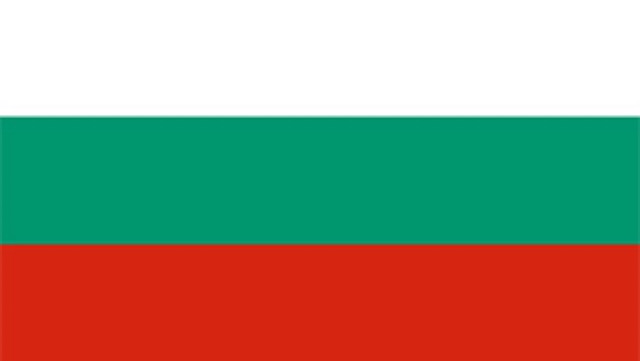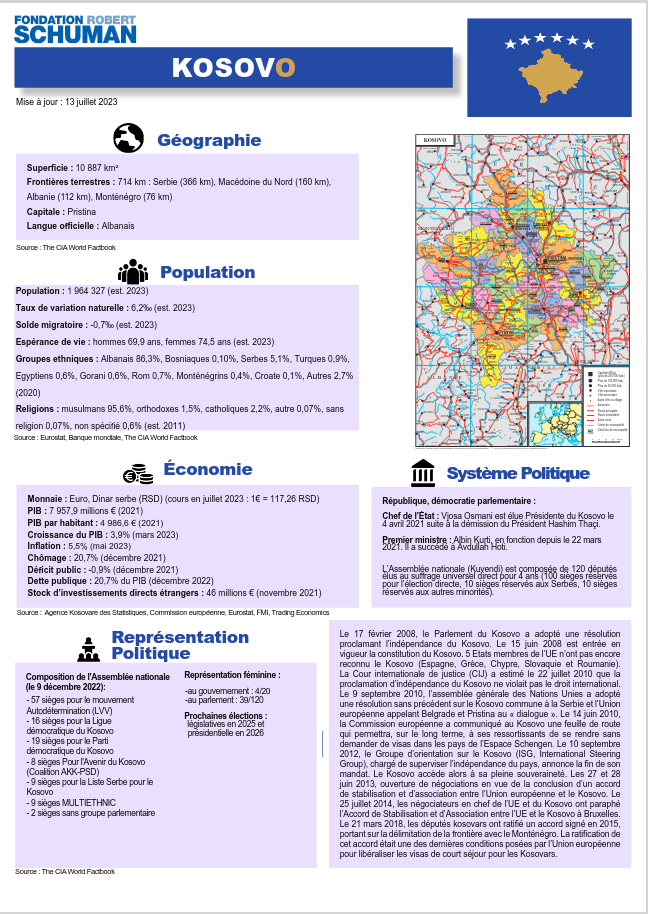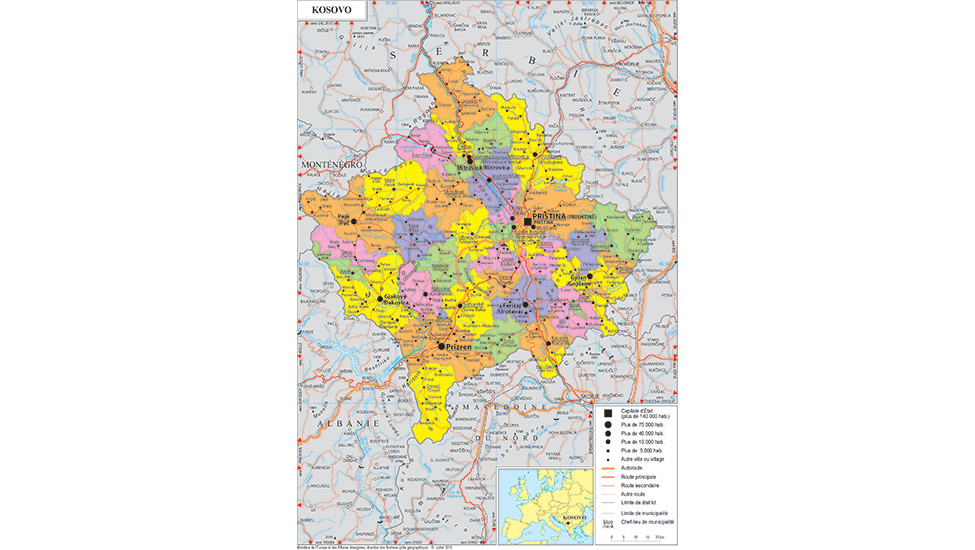
Geography
Area : 10,887 km²
Borders : 714 km: North Macedonia (160 km), Montenegro (76 km), Serbia (366 km), Albania (112km)
Capital : Pristina
Official language : Albanian
Source : The CIA World Factbook
Flag
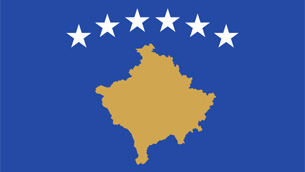
Population
Population : 1,977,093 (2024 est.)
Crude natural change rate : 6.2‰ (2023 est.)
Crude net migration rate: -0.4‰ (2024 est.)
Life expectancy: men 71 years, female 75.5 years (2024 est.)
Religions: Muslim 95.6%, Orthodox 1.5%, Catholic 2.2%, others 0.07%, without religion 0.07%
Ethnic groups: Albanians 86.3%, Bosniaks 0.0%, Serbs 5.1%, Turks 0.9%, Egyptians 0.6%, Gorani 0.6%, Rom 0.7%, Montenegrins 0.4%, Croatians 0.1%, Others 2.7% (2020)
Source : Eurostat, World Bank, The CIA World Factbook
Economy
Currency: Euro, Serb Dinar (RSD) (exchange rate for June 2025: 1€ =117.20 RSD)
GDP: € 10,305.4 million (2024)
GDP per capita (PPS): $ 5.870 (December 2024)
GDP growth : 4.58% (June 2024)
Inflation: 5.1% (October 2025)
Public debt: 16.9% of GDP (December 2024)
Unemployment: 10.8% (December 2024)
Public deficit: -2.1% of GDP (December 2025)
Stock of foreign direct investment from the entire world: 64.5% of GDP (2023)
Source : IMF, Kosovo Agency of Statistics, European commission, Eurostat, Trading Economics
Political system
Republic, Parliamentary Democracy
Head of State Vjosa Osmani was elected President on 4th April 2021 following the resignation of President Hashim Thaçi.
Prime Minister Albin Kurti resigned on April 15th 2025 and a replacement has not been yet appointed.
Political representation
Composition of National Assembly in June 2025:
- 48 seats Movement for Self Determination (LVV)
- 24 seats Democratic Party of Kosovo (PDK)
- 20 seats Democratic league for Kosovo (LDK)
- 9 seats Serb list
- 8 seats Alliance for the future of Kosovo (Coalition AKK-PSD)
- 2 seats Democratic turkish party of Kosovo
- 1 seat New Democratic Initiative of Kosovo
- 1 seat New Democratic Party
- 1 seat For Freedom, Justice and Survival
- 1 seat Vakat Coalition
- 1 seat Egyptian Liberal Party
- 1 seat Social Democratic Union
- 1 seat Ashkali Party of Integration
- 1 seat Unique Gorani Party
- 1 seat United Roma Party of Kosovo
- On 17th February 2008, the Kosovo Parliament adopted a resolution proclaiming the independence of Kosovo. On 15th June 2008, the Constitution of Kosovo entered into force. Five EU Member States have not yet recognised Kosovo (Spain, Greece, Cyprus, Slovakia and Romania). The International Court of Justice (CIJ) stated in its 22nd July 2010 opinion that Kosovo’s proclamation of independence did not breach international law. On September 2010, the UN General Assembly adopted an unprecedented resolution concerning Kosovo, together with Serbia and the EU, calling upon Belgrade and Pristina to enter into dialogue. On 10th September 2012, the International Steering Group, which has supervised Kosovo’s independence since February 2008, announced the end of its mandate allowing Kosovo to gain totally operational independence. On 27th and 28th June 2013, negotiations opened for the conclusion of a Stabilisation and Association Agreement between the EU and Kosovo. On 25th of July 2014, the EU and Kosovo chief negotiators initialled the Stabilisation and Association Agreement between the EU and Kosovo in Brussels. On 21st March 2018, the Kosovo deputies ratified an agreement signed in 2015 regarding border demarcation with Montenegro. This ratification was one of the last conditions set by European Union to liberalize short stay visas for Kosovars. (for more information on Kosovo’s adhesion to the EU, see http:// ec.europa.eu/enlargement/countries/detailed-country-information/kosovo/ index_en.htm ).
Women's representations
- in government: 6/18
- in Parliament: 39/120
Next Elections:
On The Same Theme
Country Sheet
Country Sheet
Country Sheet
Country Sheet
Country Sheet
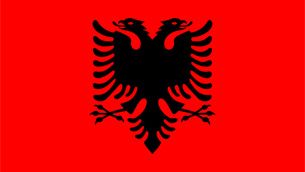
Country Sheet
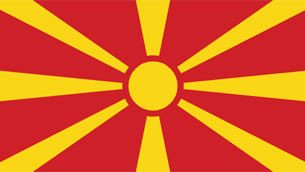
Country Sheet
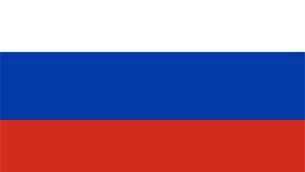
Country Sheet
